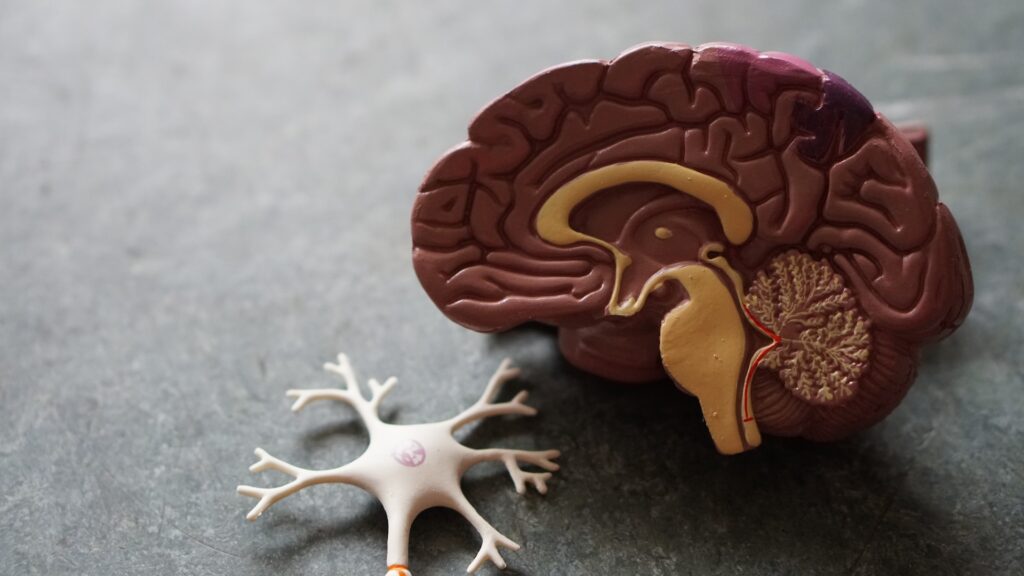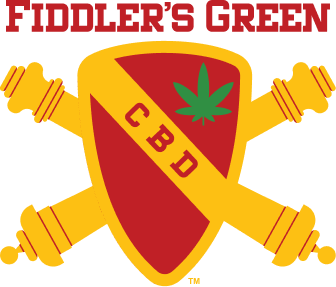
CBD: Depressant or Stimulant? Dispelling the Confusion
It seems like everyone is using CBD. One in seven Americans say they have used cannabidiol (CBD) products, with 40% of users buying them to treat pain. Yet many Americans have questions, even while they are using CBD products.
Is CBD a depressant or stimulant? Ask this question to ten CBD users, and you’ll get ten different answers. Here’s what you should know about CBD and your body.
Related: What Is CBD?
The Basics of Depressants and Stimulants
Depressants are drugs and chemicals that decrease neurotransmitters in the brain, slowing down a person’s nervous system. Someone on depressants may feel more fatigued and less excited, and strong depressants can put them to sleep or relax their muscles. Sleep medications and alcohol are the two most common types of depressants.
Stimulants increase the activity of neurotransmitters, firing up the nervous system and other bodily functions. Someone feels more energetic, focused, and excited while they are on stimulants, even if they would otherwise feel sad. Caffeine is the most common stimulant, though various illicit drugs like cocaine can create similar effects.
CBD and the Body
The endocannabinoid system (ECS) is a network of cells and receptors that regulate various bodily functions, including appetite, mood, and sleep. CBD works by binding with receptors throughout your body, directly impacting your emotional and physical feelings.
However, CBD is biphasic, meaning it has different effects on the body. Most people who take small doses of CBD feel more alert and focused. Higher doses of CBD can create drowsiness, making them less active.
The biphasic nature of CBD means it is neither a depressant nor a stimulant. It acts more as a regulator than anything else, influencing how your nervous system processes chemicals.
Are you new to CBD and unsure how to start using it? Browse Fiddler’s Green CBD’s store and see what products you can start with today.
The Differing Effects of CBD
The effects of CBD you experience depend on several different factors. Your dosage levels can impact whether CBD acts more like a depressant or stimulant. But this is just one factor in how you can experience cannabidiol.
Potency
Potency is just as important as dosage. CBD products measure how much CBD they contain in milligrams, so taking a product with a very low amount of cannabidiol may not produce any effects at all. Taking a small amount of oil containing over 1,000 milligrams of CBD can produce powerful effects, even if you stir a few drops into a glass of water.
If you’re new to CBD, start with gummies or salves with low amounts of cannabidiol. Once you’re used to taking it, you can increase the dosage and potency until you feel fully relieved.
Type of CBD
You can buy three different CBD types in stores. CBD isolate is pure CBD that the manufacturer separates from other cannabis or hemp compounds. Full-spectrum CBD contains all compounds found in hemp, including THC, flavonoids, and terpenes. THC is the most significant chemical compound that causes a high in marijuana.
Broad-spectrum CBD contains most compounds but excludes THC. Some states have laws against hemp or cannabis products with THC, so buying broad-spectrum CBD will help you comply with the rules.
However, full-spectrum CBD is the strongest form because it provides the entourage effect. When all chemicals in hemp stay together, the effects of each chemical become stronger.
Some compounds, like cannabigerol (CBG), can stimulate your body, while others, like CBN, will act like depressants. You should read the label of any full-spectrum or broad-spectrum product you buy to know what’s inside and research each notable compound.
Related: CBG Effects: How Does it Make You Feel?
Consumption Method
You can order various CBD products, including CBD oils, gummies, vapes, and tinctures. The quickest way to receive benefits from CBD is to administer it directly into your bloodstream, which you can do by placing drops of CBD oil beneath your tongue. When you take CBD this way, it acts more like a stimulant, helping with acute pain.
You can also smoke CBD in a vape pen, delivering it into your lungs.
Gummies take longer to take effect, as you must chew, swallow, and digest them. This makes gummies act more like depressants, making them best for sleep induction and chronic issues.
Combining CBD with additional supplements can change its effects. Taking a CBD capsule or gummy with coffee can make it act like a stimulant, even if you take a small amount of CBD. Taking CBD with chamomile tea or melatonin can make it behave like a depressant.
Food in your stomach can slow down your bloodstream’s absorption of CBD, even if you’re not taking it orally. However, a 2019 study found that eating high-fat foods after taking CBD can speed up someone’s absorption of CBD, so you should consider eating a meal if you want stimulation.
Are you looking for easy, effective CBD products? Purchase all-natural CBD gummies from Fiddler’s Green CBD now.
Time of Day
CBD can impact your body differently based on when you take it. If you consume it in the morning, it can help you wake up. If you take it in the evening, it can provide a relaxing way to read a book.
Related: The Benefits of CBD Before Exercise

